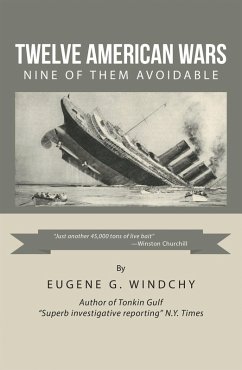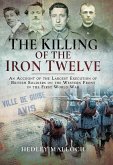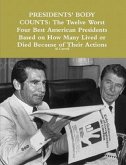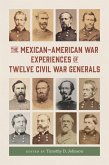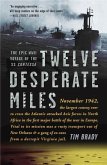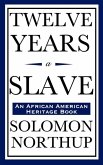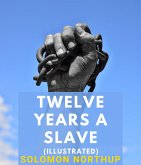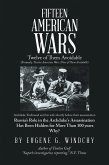Eugene Windchy lays bare the tricks, errors and secret plans that have led the American people into avoidable wars. In order to prevent wars in the future, we need to know how they have come about in the past.
A harsh light is thrown on our wars with Muslim nations. Did a "policy coup" in Washington demand regime changes in seven countries, as alleged by retired four-star General Wesley Clark?
Our greatest national catastrophe was the Civil War, which began with Southerners firing on Fort Sumter in Charleston, S.C. Why did the Southerners reject an opportunity to take the fort peacefully? We learn who opened fire and why.
America's entering World War I saved the Allies from defeat. Why in 1936 did Winston Churchill say the Americans ought to have stayed home and minded their own business?
Did Germany start World War I? Triggering the war, according to our textbooks, was a young Bosnian Serb, Gavrilo Princip, who shot Austria's Archduke Ferdinand. Was he a lone wolf? He was not. At trial sixteen men were convicted of participating in the crime. They were part of an international conspiracy that did not include Germany.
A harsh light is thrown on our wars with Muslim nations. Did a "policy coup" in Washington demand regime changes in seven countries, as alleged by retired four-star General Wesley Clark?
Our greatest national catastrophe was the Civil War, which began with Southerners firing on Fort Sumter in Charleston, S.C. Why did the Southerners reject an opportunity to take the fort peacefully? We learn who opened fire and why.
America's entering World War I saved the Allies from defeat. Why in 1936 did Winston Churchill say the Americans ought to have stayed home and minded their own business?
Did Germany start World War I? Triggering the war, according to our textbooks, was a young Bosnian Serb, Gavrilo Princip, who shot Austria's Archduke Ferdinand. Was he a lone wolf? He was not. At trial sixteen men were convicted of participating in the crime. They were part of an international conspiracy that did not include Germany.
Dieser Download kann aus rechtlichen Gründen nur mit Rechnungsadresse in A, D ausgeliefert werden.

